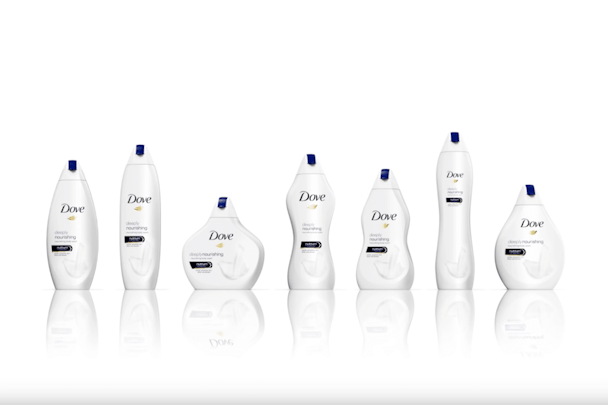CMOs call out inauthentic marketing: ‘Not all brands need to be Dove – often they need to shut up’
'Brand purpose' is at risk of becoming another marketing buzzword as more companies attach themselves to passion points – either ethical, cultural or political – without any thought of how it will play out in the longer term, according to a cross-section of industry marketers.

Dove was used as an example of a brand that has successfully aligned itself with a cause
Speaking at The Drum’s Future of Marketing event on Thursday (11 May), James Hayr, head of global sales at Endemol Shine, suggested that those looking to emulate the success of a brand like Dove are often underestimating the “huge amount of authenticity and degree of commitment” needed to succeed.
“The thing about making it work is having a long-term commitment, because if you just turn up and then disappear, particularly around areas that people really care about, it won’t work. You must be in it for the long-haul. You have to add something to [that cause] rather than just reflect it,” he said.
Pepsico’s attempt to appropriate the Black Lives Matter movement to sell fizzy drinks is just one example of the backlash brands can expect to face if they fail to lay the groundwork in showing why they have the right to talk about an issue.
But because companies don't seem to suffer for long even if they do get it wrong is perhaps one reason why we’re seeing so many brands have a go at ‘advertising with purpose’.
Nathan Levi, chief marketing officer of TotallyMoney, said: “If you think about the ethics of a lot of the big multinational brands today, some of the shockers we have had, and yet we are still riding the cabs, still putting petrol in our cars, still buying the cars.”
Levi went on to argue that even if a brand commits to a cause and aligns the entire company around it, ultimately consumers "don't care" as much as the industry thinks they do.
"I don’t think all brands need to align themselves with something cultural or political or ethical, they need to market their brands. If it genuinely suits them to be political or ethical then that is fine, but I don’t agree all brands need to be a Dove. That is a one off in a way. Very often people don’t care that much. Often brands need to shut up."
While agreeing that often brands might not care, Mastercard’s head of marketing Guillaume Conteville added that companies still have a social and moral obligation to put something back into the communities they’re a part of.
“We must want to make a positive impact. Either you have a business that does something that is positive or if you don’t,” he said.
But for some brands, it’s easier said than done. Mike Dando, advertising and promotions EMEA manager at consumer electronics company Epson, suggested that the viability of aligning your brand with a purpose ultimately depends on the product you are marketing. Brands who are brave with their marketing – such as Rapha, Nike and Dove – can do so because their products allow it.
“You couldn’t do that if you owned toasters,” he admitted.
Additional reporting by John McCarthy.

